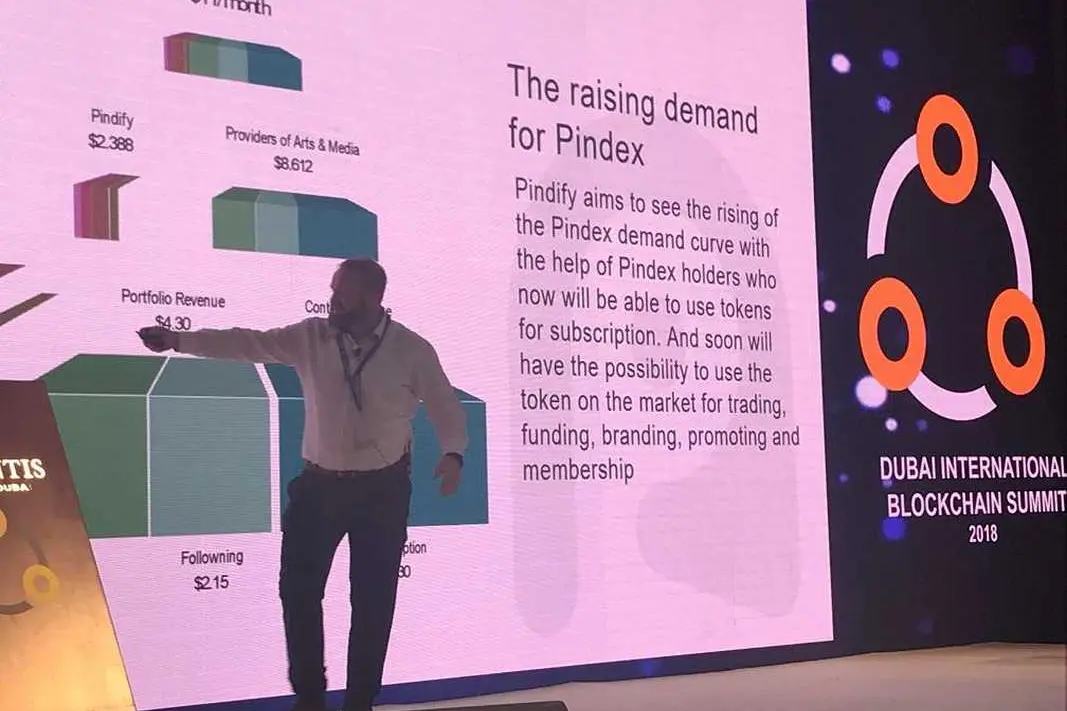PHOTO
Dubai has been quick to adopt blockchain in the Middle East and the emirate is planning a city-wide integration of the technology, which is used to build a digital record and settle financial dealings using computer algorithms that don’t need third-party verification. According to Dubai’s plan, blockchain should be used in all governmental entities, including the healthcare sector, by 2020.
“The challenge is when you put something on blockchain, you should be sure that the patients’ privacy is secured. Sensitive information, like, god forbid that you have cancer, I don’t think you want the whole world to know you have cancer,” said Waleed Saeed Al Dhuhoori, the head of corporate applications at Dubai Health Authority.
Speaking to Zawya on Monday on the sidelines of Dubai International Blockchain Summit (DIBS), Al Dhuhoori said the health authority is working on adopting the technology to create digital medical records and store patients’ information that could be shared between public and private health institutions. Doctors could also have access to patients’ medical information through the blockchain. However, Al Dhuhoori stressed that patients must approve the disclosure of their medical information.
“We are looking at the possibility of implementing a smart contract which gives the patient the control to share his information with a doctor,” Al Dhuhoori said.
The smart contract is an online version of a contract that is kept and maintained through the blockchain technology and could be accessed by any party or person upon the request of any of the involved entities or persons.
Al Dhuhoori added that blockchain could be used to help the authority access patients’ medical records and hence be able to provide e-prescriptions upon request.
Dubai’s grand plan
He said that the authority is implementing blockchain as part of Dubai’s ambitious plan to integrate the technology into all government’s establishments by 2020. He said that the process, although achievable, is expensive.
“The cost of consultation for blockchain is one of the highest in the market,” Al Dhuhoori said.
Blockchain expert Benjamin Bommharrdt, the co-founder and sales director of Germany-based blockchain developer Draglet told Zawya that the blockchain consultation fees can typically cost around $100 per hour.
Al Dhuhoori said the health authority will this year focus on obtaining licenses to use the blockchain technology.
“Full integration should be before 2020 as per the (Dubai) strategy. Now, (we) are focusing on our administration work,” Al Dhuhoori said.
(Reporting by Yasmine Saleh; Editing by Michael Fahy)
(yasmine.saleh@thomsonreuters.com)
Our Standards: The Thomson Reuters Trust Principles
Disclaimer: This article is provided for informational purposes only. The content does not provide tax, legal or investment advice or opinion regarding the suitability, value or profitability of any particular security, portfolio or investment strategy. Read our full disclaimer policy here. © ZAWYA 2018





















